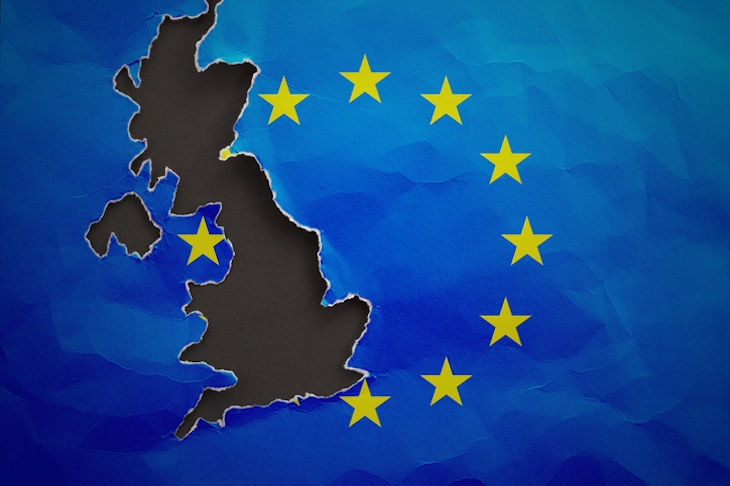Is Brexit finally starting to bite? New figures released this morning show that consumer spending increased at the slowest pace since the end of 2014, forcing down the official economic growth rate to 0.2 per cent in the first quarter of this year.
The news surprised economists and analysts. According to Reuters, only one of 42 expected this. Nevertheless, the data from the Office for National Statistics (ONS) is down from an initial estimate of 0.3 per cent. In the final quarter of 2016, there was a rise of 0.7 per cent.
Neil Wilson, senior analyst at EXT Capital, said: ‘The rather ugly set of growth figures suggest that post-Brexit resilience may not be all it’s cracked up to be. Household spending is slowing, inflation is rising and wages are not keeping pace – the consumer-led bounce since last June could just about be running out of steam.’
Meanwhile, Emmanuel Lumineau, chief executive of BrickVest, said: ‘Since the Brexit vote, the Bank of England has cut interest rates and boosted quantitative easing. The latest GDP figures show that the UK economy has seen worse than expected growth in Q1.The UK’s recent economic strength including post Brexit may be beginning to wobble as consumers begin to feel the impact of higher inflation. For the real estate industry, higher inflation means higher construction costs and should lead to an increase in property prices. However in recent months the demand for real estate has softened and it is unlikely that developers will immediately pass on the higher inflationary costs to the end customer.’
Michael Baxter, economics commentator at The Share Centre, attributed the ONS revision to the rising cost of living, largely caused by Brexit-related falls in sterling, and rising input prices worldwide. ‘Retail and accommodation took a particularly large knock, but it was a bad quarter for manufacturing and construction too.’
He added: ‘It has been a different story in the euro area, which expanded by 0.5 per cent in the first quarter of 2017. As Mark Twain might have said if he were alive today, “reports of the death of the euro economy have been greatly exaggerated”.
‘But the UK can find some reason for optimism. The latest purchasing managers indexes (PMIs) pointed to a robust pick-up in April, with the PMI tracking UK manufacturing rising to a three-year high and the PMIs collectively consistent with growth of 0.6 per cent in the third quarter. The retail sector has seen some improvement too, but it remains to be seen how much of this was related to the unseasonably good weather in April and the timing of Easter.’
Helen Nugent is Online Money Editor of The Spectator






Comments